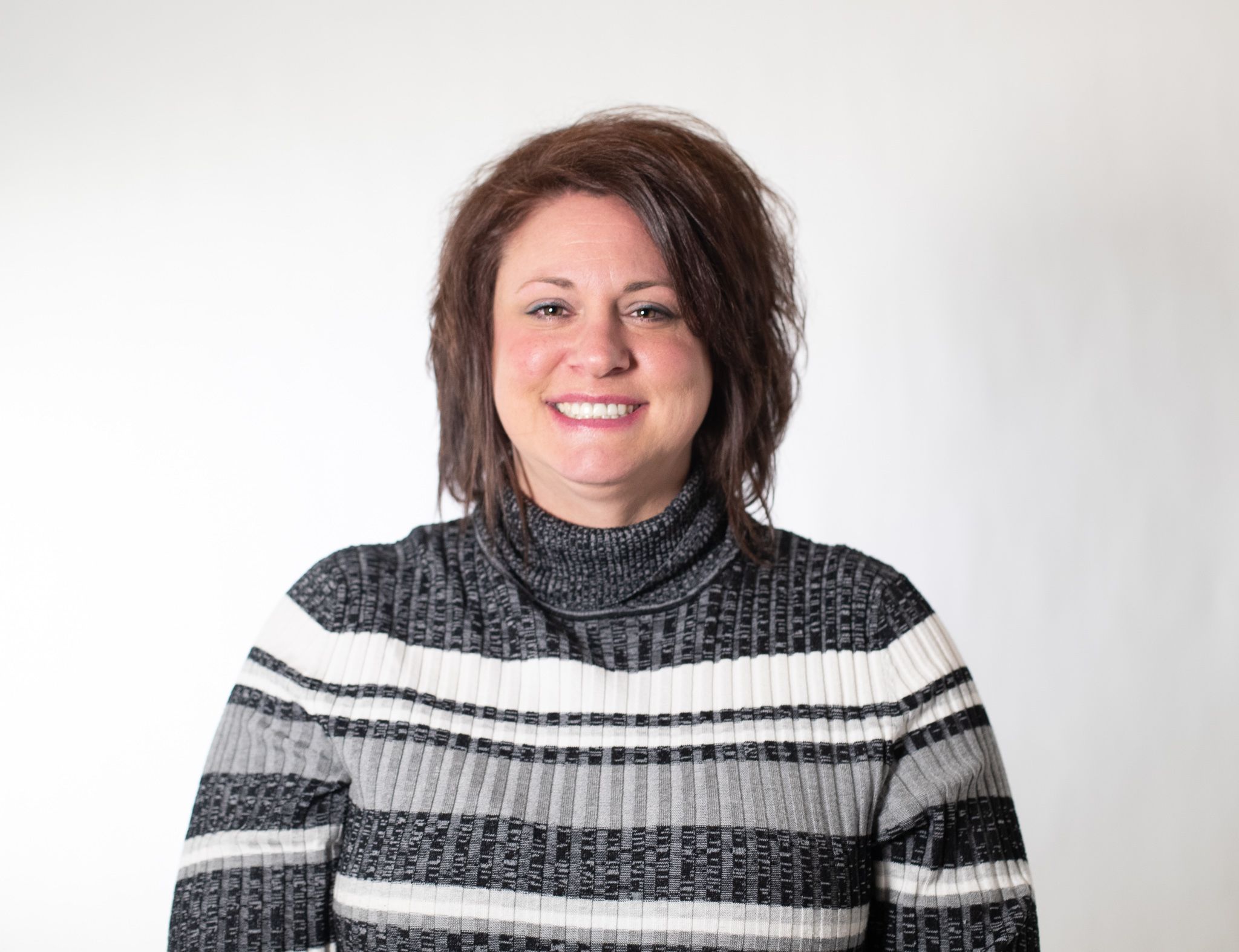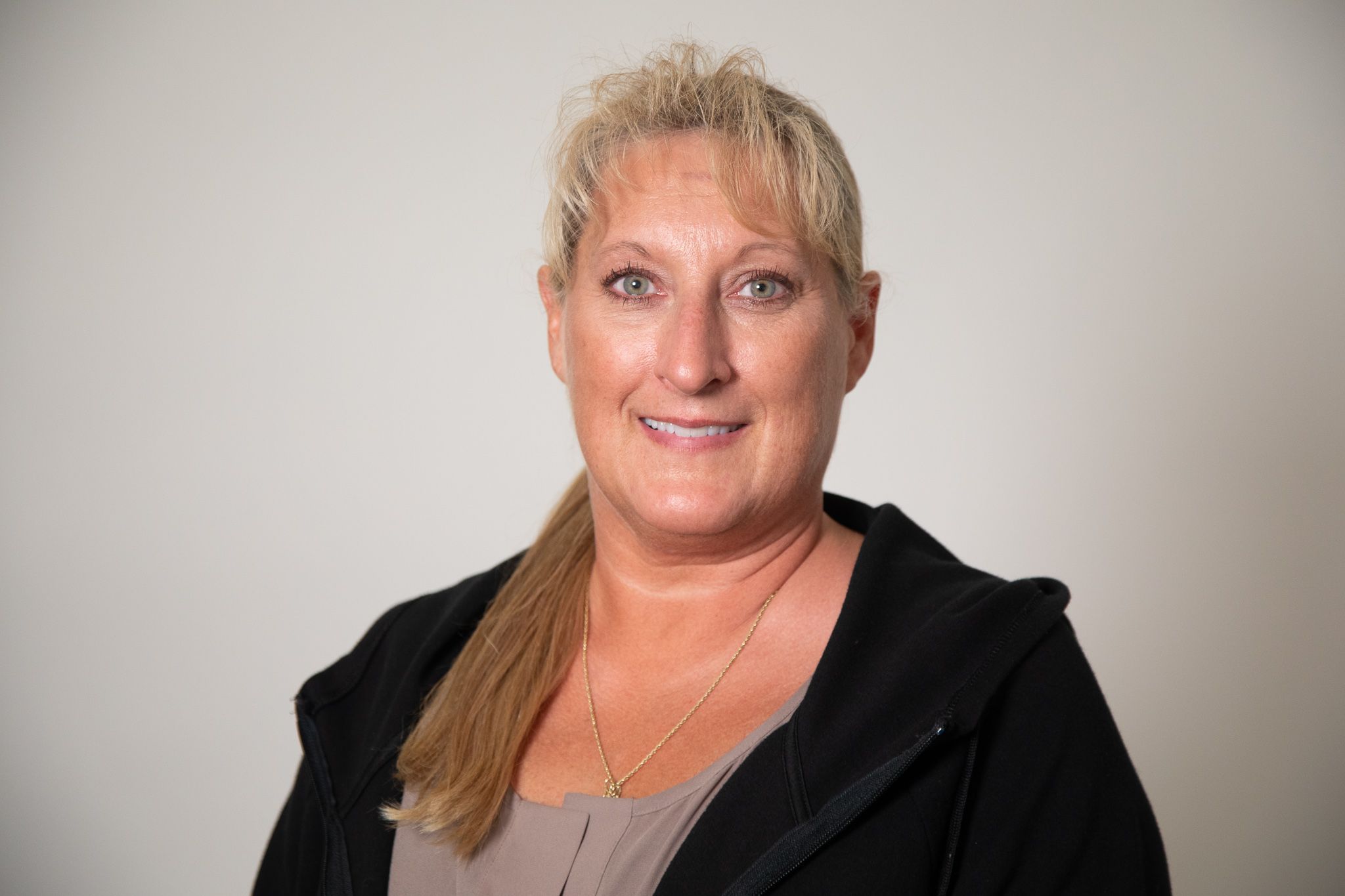- Center on Health Equity & Access
- Clinical
- Health Care Cost
- Health Care Delivery
- Insurance
- Policy
- Technology
- Value-Based Care
Q&A Part 2: UPMC Health Plan Dental Care Managers Forging Community Relationships
Experts discuss innovative strategies to enhance dental care access in underserved Pennsylvania communities, emphasizing collaboration and cultural sensitivity in outreach efforts.
In this second part of a 2-part Q&A, Doree L. Rossey, BS, PHDHP, RDH, a public health dental hygiene practitioner and dental care manager supervisor, and Crystal Siebka, RDH, PHDHP, COA, a dental care manager with UPMC Health Plan continue their discussion on community outreach for dental care in underserved Pennsylvania communities. Rossey and Siebka are at the forefront of efforts to improve access to dental care.
Doree L. Rossey, BS, PHDHP, RDH

Crystal Siebka, RDH, PHDHP, COA

In this segment, they discuss the vital role of community relationships in their work, highlighting collaborations with HHS agencies and mobile dental providers. Siebka shares her experiences overcoming cultural and logistical barriers to care, including the severe provider shortage in her service area. Rossey offers advice to other health plans seeking to build similar programs, emphasizing the importance of educating leadership. Both experts also reflect on key innovations and lessons learned, underscoring the measurable impact of their work on community oral health.
AJMC: Can you talk about some of the key community stakeholders or partners you collaborate with to carry out your initiatives, and how those relationships help support your work?
Siebka: Yes. So, I work with HHS agencies—Salvation Army, Head Start, Community Action, CYS, foster families, and school districts. In Clarion County, I work closely with Clarion County Promise. I’m actually on their planning committee, and we host organized, free community events that focus on family fun days. Three years ago, it came to my attention that pregnant women could not access dental care in Clarion County, so Clarion County Promise and I collaborated to create an annual Mommy and Me event. We go to the Clarion Mall. The HHS agencies come in; we bring in mobile dental care, and we focus on pregnant moms and their little ones. Preventive dental care is provided by Golden On-Site Dental. The provider, who is also a mom of 3, is wonderful with our moms and babies. In Venango County, the HHS agencies have hubs—renovated buildings for community events—and they host dental events for us. In Armstrong County, the Salvation Army hosts for us. These HHS agencies are key to making our dental events successful and providing a safe place for the community to gather.
AJMC: With all of that going on and all the different populations and communities you’re able to reach, how do you incorporate culturally relevant education or address barriers such as transportation, stigma, or cost in your public health work?
Siebka: It’s been my experience that health and wellness seem to cross over cultural differences. For instance, I recently had the privilege of treating a family from Pakistan. The little one had tooth decay, and Mom and I were talking about it. I offered to provide what’s called silver diamine fluoride to help arrest the decay and prevent it from progressing until he could be seen by the dentist. Mom was very interested and explained that in her country, they don’t save baby teeth—they’re always extracted.
I told her that could be the treatment, but here we also have this other option. She sat in the chair beside her child, took out her phone, and asked me to spell it. She looked up silver diamine fluoride as we provided care. She was so happy and excited, saying, “We’re going to be able to save his teeth.” I told her yes, and she was thrilled that her little one would get to keep them. I think all parents want their children to be healthy and love those little smiles. If we can help keep them healthy, that crosses over any differences we may have. At the end of the day, parents love their kids and want them to be healthy.
Rossey: And we’re very fortunate at UPMC Health Plan to have access to our special needs unit. If there are barriers—whether it’s transportation or something else—we can offer them the resources, we have. If there’s something beyond that, we cover it all when we’re on the phone with them: food insecurity, housing, all kinds of things. We can at least help get them to where they need to go.
AJMC: How do you see the upcoming Titusville Regional Dental Training Center supporting or complementing UPMC Health Plan's dental care management efforts, and what impact do you think it could have on the availability and continuity of care in those regions?
Rossey: We heard about this, and then when we saw it in writing, we were like, "Oh, it's really happening. Yay." There's a lack of providers. That isn't to say they're going to stay here in Pennsylvania; however, we are educating more. We're training more dental professionals, hoping they stay here in Pennsylvania, but it will also give us another place to send our members in that area. A lot of places around that area do not have anywhere to go, so having another provider in the area is great, especially because Pitt Dental School in Pittsburgh is fantastic—we send so many people there. To have this satellite is unbelievable. Very exciting.
AJMC: What advice would you give to other states or health plans looking to build similar dental care management programs?
Rossey: Well, I can't speak for how other states run things—I don't really know their laws and things like that, but I would say start with your managed care organizations and HHS departments in your community. Talk to your leadership and educate them on the importance of dental health and the benefits of what dental care management can bring to your members and provide for them, because it's so important.
AJMC: What challenges in public dental health have you encountered, and how have you overcome them?
Siebka: I would say the biggest challenge I have in the counties that I cover is that I have no providers. Out of my 6 counties, 3 of those counties literally have no providers. So that's a very uphill battle. What I had to do is get down and beg my mobile providers to come to my counties, which has worked out well. We also have the issue of restorative care and follow-up care. What I have done recently is connect Golden On-Site Dental with one of my brick-and-mortar practices, and we did a guest referral invitation. We were able to refer Golden On-Site Dental services right into their schedule for restorative care. That can't be done everywhere, maybe, but it's an idea that we're going to try and foster and replicate in other areas. But having no providers is absolutely the most difficult challenge.
Rossey: I mean, I can say we have Miracle Dental out in the communities too, and we respect their treatment plan so much. And now we do stuff with Golden On-Site. I still have privileges at Children’s Hospital that I can just schedule them right in there for their surgery or whatever they need done. But, I agree, the biggest challenge is the lack of providers. I would hope with the new Titusville location that maybe there might be some kind of gig we can get where they're maybe mobile, or maybe a rotation with the residents, or something, so that maybe we can get them out there.
AJMC: What are some key lessons or innovations that your teams have developed that have had a measurable impact on community oral health?
Siebka: For me, I let everybody know that not everybody sees the dentist the same way, and that's okay. We can't all see the dentist in the brick-and-mortar office on the corner and seeing a dental professional in mobile care is possible and comprehensive. It's okay. There are clinics in some of the pediatric offices, like in Oakland Pediatrics; they have the Gap, Pennsylvania office, where public dental health hygienists go in and provide care. Bringing awareness of what PHDHPs can provide in our communities is huge. We've been underutilized ever since our licenses were first approved. They just weren't utilizing us the way they can.
Now, with dental care being what it is—basically a privilege—they're really finding out that we are prevention warriors, and we are there to help the community, and we're a great asset. So, utilizing us to the best of our abilities is a wise decision. We provide training for "Healthy Teeth, Healthy Children" for the pediatric offices. We work with the medical community to try and help provide that preventive care for our children and keep everybody healthier. So again, it's just utilizing our PHDHPs and letting us do what we do to help keep our communities healthy.
Rossey: I agree. It's a privilege to keep making advances across Pennsylvania, and I'm so proud of Crystal and what she's accomplished. Hygienists across the state of Pennsylvania, we are making big strides. We are getting there. We want them to utilize us to the highest extent of our licensure because we can do it. We’ve got this!
